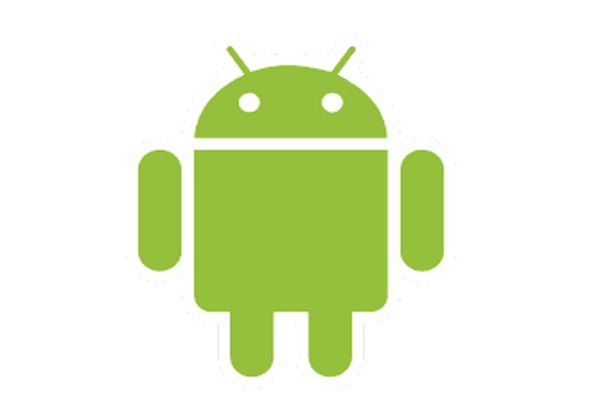
Phone maker Sony Ericsson and mobile network operator Vodafone have become the latest companies to back Google's open source Android smartphone operating system.
The two companies were among a clutch of companies that also included chip maker ARM, that joined the Open Handset Alliance last night, the industry association for developers and device makers looking to work with Google and use Android on future devices.
But despite the big-name additions to the Open Handset Alliance, analysts say what matters is whether the new members introduce more Android-supported smartphones in 2009 and 2010 to edge out competitors who also use open-source software platforms for mobile phones, such as the Nokia-owned Symbian smartphone platform.
"It's great to get these folks on board...now (the Open Handset Alliance) has to make sure these licenses actually ship products," said research firm Jupiter Media's vice president of mobile strategy, Michael Gartenberg.
The first company within the new group set to introduce an Android-based mobile device is Sony Ericsson. The company said it plans to introduce an Android phone in mid-2009.
"Android is set to become a significant application framework for mobile phones," Sony Ericsson's head of mobile platforms, Robert Puskaric, said in a statement.
Asus, Toshiba and sat nav maker Garmin also pledged their support, bringing the total number of companies in the Open Handset Alliance to 47, the Alliance said. These companies join earlier members of the Alliance, such as the world's biggest chip maker Intel and mobile phone makers Motorola and Samsung.
Sign up today and you will receive a free copy of our Future Focus 2025 report - the leading guidance on AI, cybersecurity and other IT challenges as per 700+ senior executives
Both Google and Apple have wooed developers to create applications for their mobile devices, but Apple keeps a tight grip on the iPhone's hardware and operating software. Google's Android is open to being changed by outside developers.
The addition of new members to the Open Handset Alliance gives Google-developed Android more heft in the battle over who will dominate the mobile phone software market in coming years. Android's biggest competitor is Symbian, which controls half of the market and was acquired by Nokia earlier this year.
Nokia contributes Symbian's assets to a not-for-profit organisation similar to the Open Handset Alliance, the Symbian Foundation. Members of the Symbian Foundation have royalty-free access to the Symbian platform.
So far, 59 companies have said they plan to join the Symbian Foundation, including Japan's third-largest wireless carrier, Softbank.
Android also competes with Microsoft's Windows Mobile operating system, which has been gaining ground in recent months.
With a range of companies jumping into the Alliance, such as portable navigation device maker Garmin, Android has the potential to be featured on devices other than mobile phones. Each mobile phone maker also can modify the Android open source software, which leaves the opportunity open for many future mobile phones.
"What's fascinating about Android is it's this malleable thing. As these phones come out from other carriers it looks and operates differently," said Greg Sterling, a web analyst with Sterling Market Intelligence. He added, "It seems more people will jump on the bandwagon."
ITPro is a global business technology website providing the latest news, analysis, and business insight for IT decision-makers. Whether it's cyber security, cloud computing, IT infrastructure, or business strategy, we aim to equip leaders with the data they need to make informed IT investments.
For regular updates delivered to your inbox and social feeds, be sure to sign up to our daily newsletter and follow on us LinkedIn and Twitter.
-
 The UK AI revolution: navigating the future of the intelligent enterprise
The UK AI revolution: navigating the future of the intelligent enterpriseAs AI reshapes industries and societies, decision-makers in the UK face a critical choice: build a sovereign future or merely import it.
-
 Turning the UK AI revolution into a sovereign reality
Turning the UK AI revolution into a sovereign realityThe UK AI Revolution documentary series posed difficult questions about AI’s hype, control, and future. Now, IT leaders must find the architectural answers
-
 Vodafone launches 'Neuron' platform with Google Cloud
Vodafone launches 'Neuron' platform with Google CloudNews The cloud giant has built a big data platform for the telecoms giant with a 'data ocean'
-
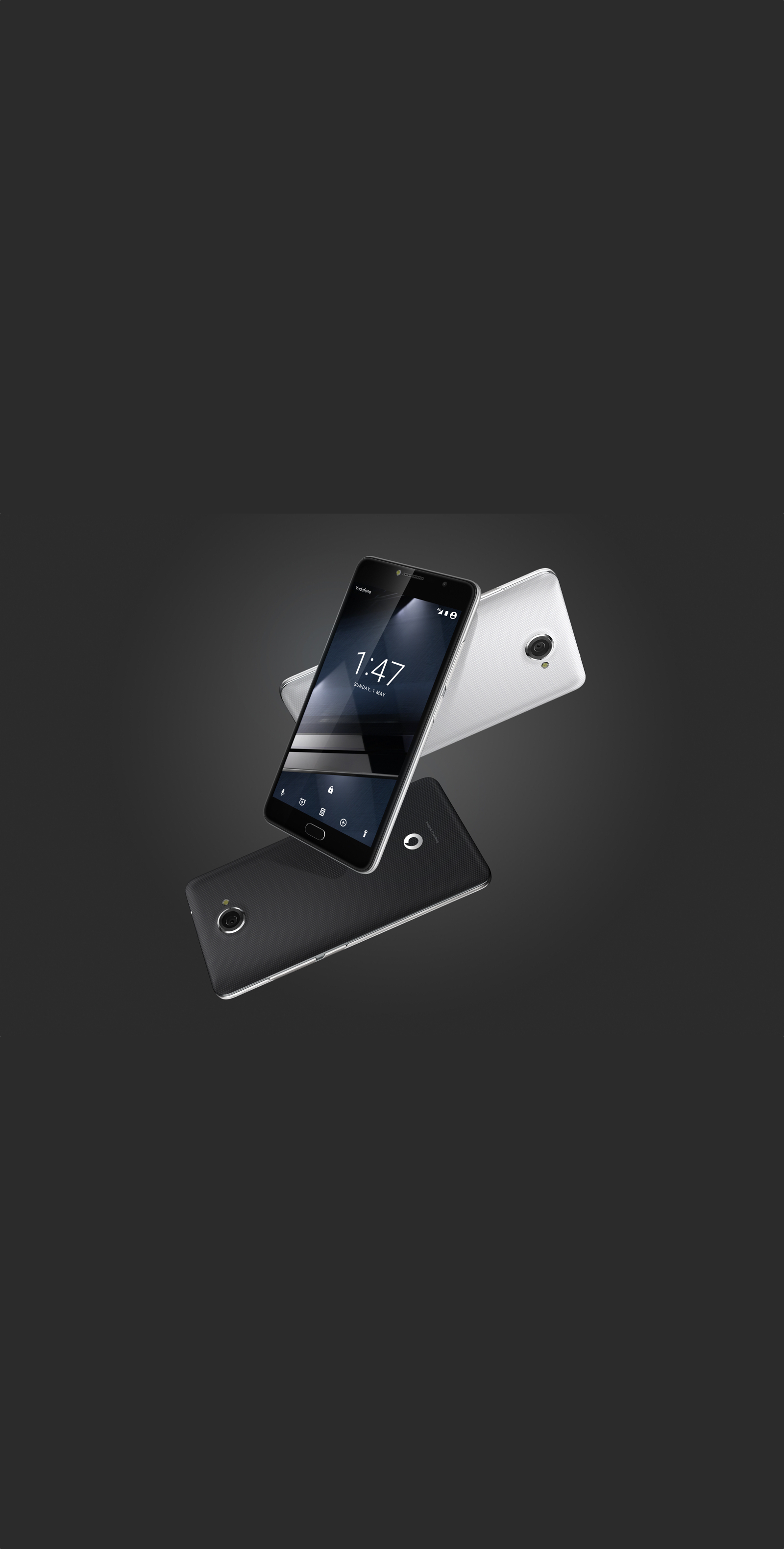 Vodafone Smart ultra 7 review
Vodafone Smart ultra 7 reviewReviews Vodafone, stop. Please, seriously, stop.
-
 O2, EE & Vodafone to trial carrier billing on the high street
O2, EE & Vodafone to trial carrier billing on the high streetNews Operators partner with Boku to allow payments to be made using mobile phones
-
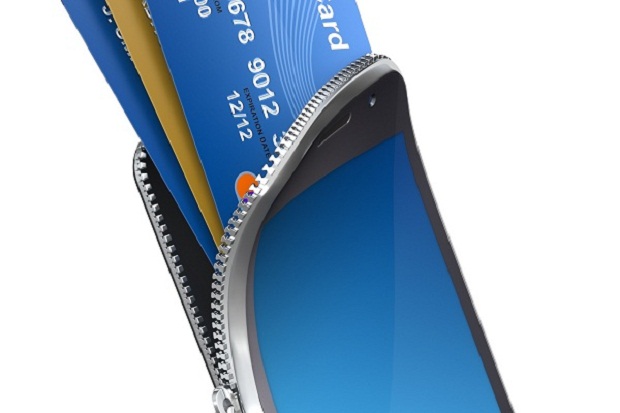 O2 calls time on mobile payments service after 18 months
O2 calls time on mobile payments service after 18 monthsNews Mobile operator confirms O2 Wallet will cease operating on 31 March 2014.
-
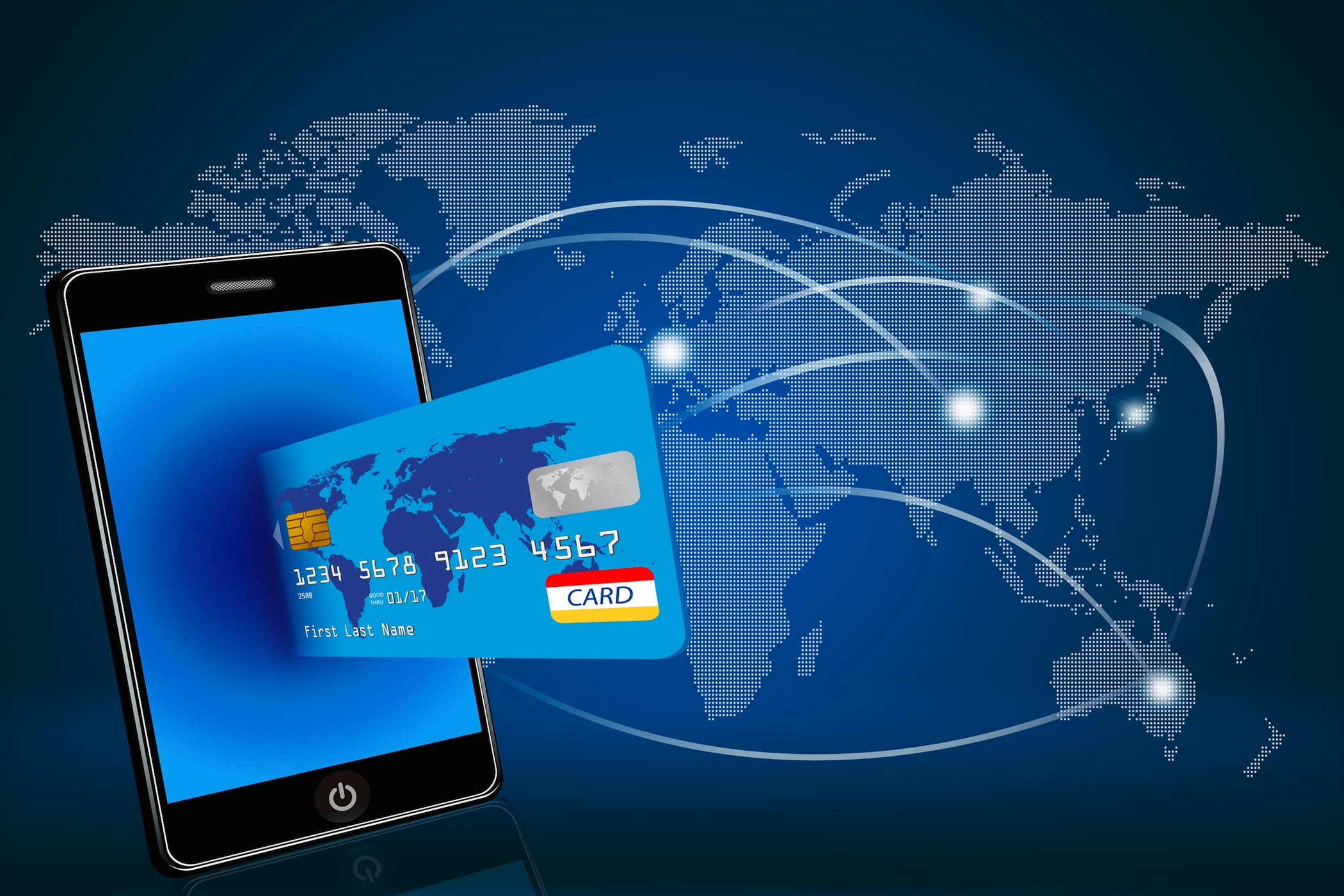 Mobile payments to oust cash and cards
Mobile payments to oust cash and cardsNews Microchip and mobile payments will take over by 2020, consultants predict.
-
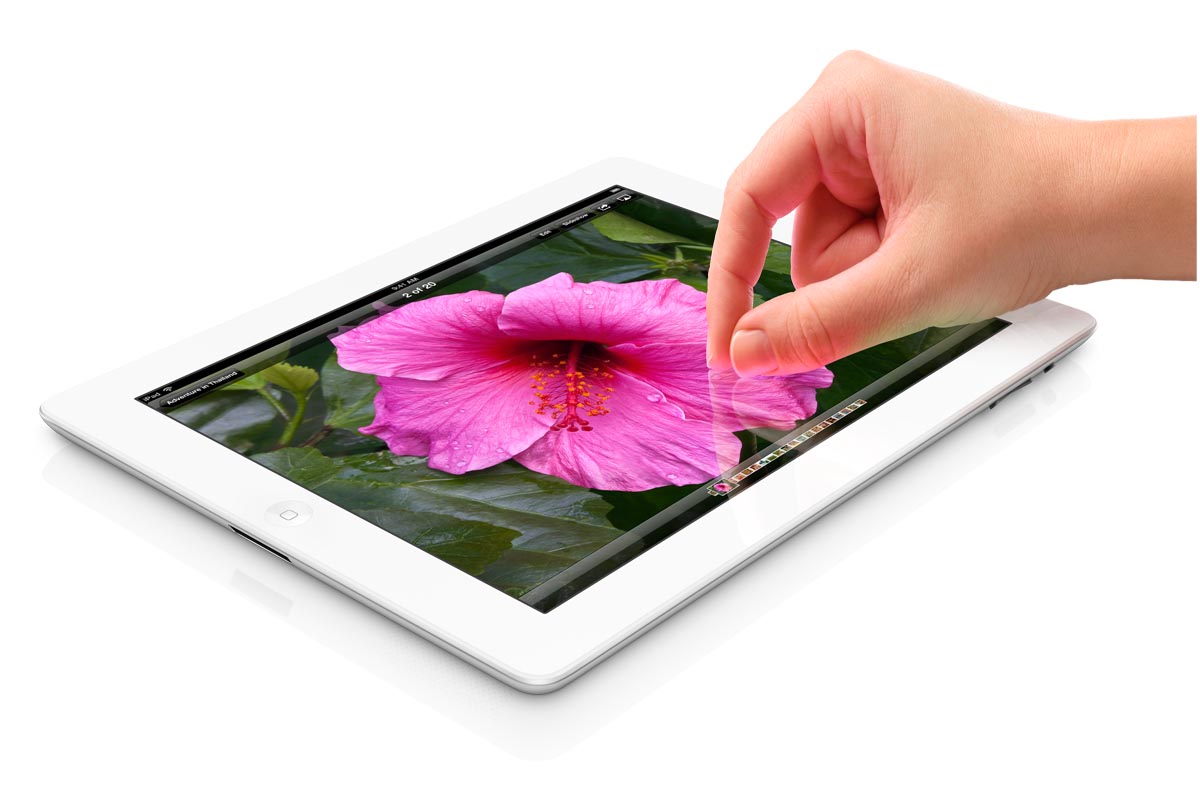 Apple new iPad pricing details comparison
Apple new iPad pricing details comparisonNews Find out where to get the best deals
-
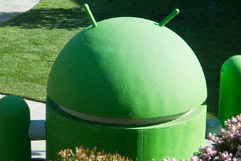 Android snatches over half of smartphone sales in Q3
Android snatches over half of smartphone sales in Q3News Android smashes the competition in the third quarter, as Apple sees an iPhone sales dip.
-
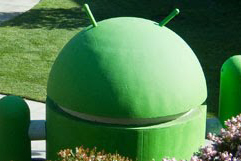 Vodafone confirms operator billing for Android apps
Vodafone confirms operator billing for Android appsNews Android users will be able to pay for apps in their Vodafone bills, rather than bothering with tiresome payment procedures.

